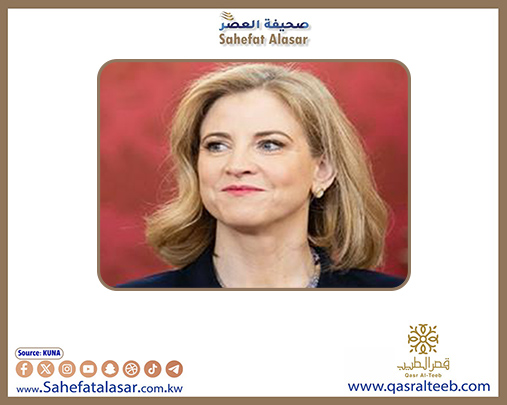


The Austrian government has implemented heightened security protocols nationwide following recent military escalation between Iran and Israel, coupled with U.S. efforts to prevent Iranian nuclear weaponization.
Enhanced protection for diplomatic facilities (U.S., Israeli, Iranian missions)
Safeguarding international figures under threat
Cross-border evacuation of 145 individuals (including foreign nationals) from conflict zones
Chancellor Karl Nehammer (Austrian Broadcasting Corporation interview):
"While securing critical sites, we emphasize that lasting resolution requires diplomacy – notably the return of international inspectors to Iran."
Chaired emergency National Security Council meeting at Federal Chancellery
IAEA Director General Rafael Grossi (during Vienna talks):
Expressed "profound concern" over stalled inspections but retained hope for renewed Tehran cooperation
Warned: "Terminating monitoring is untenable for global security"
Foreign Minister Alexander Schallenberg:
Urged "immediate de-escalation and viable new agreement with Iran"
Confirmed temporary relocation of Austria’s Tehran embassy to Baku, Azerbaijan due to security threats
Greens Party Leader Werner Kogler:
Demanded stricter laws against "suspicious Iranian diplomatic activities"
Freedom Party (FPÖ):
Questioned timing of emergency session while reaffirming Austria’s neutral stance
Evacuations: Austria coordinated with partner nations to extract citizens via Armenia-Iran border (remaining open for departures)
Threat Level: Unchanged at "medium" but with added safeguards for:
Vienna International Center (UN/IAEA HQ)
Energy infrastructure